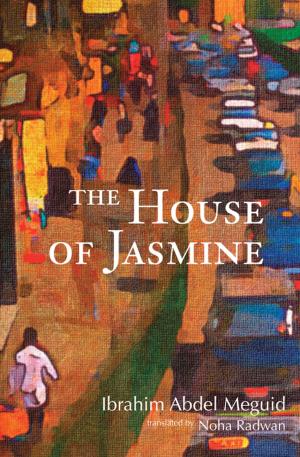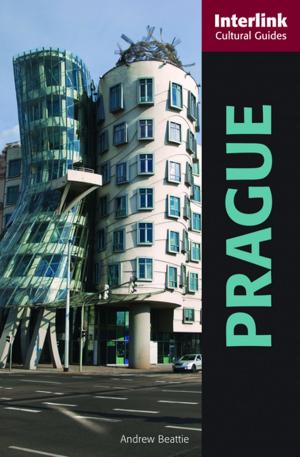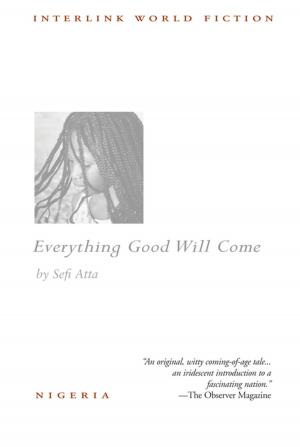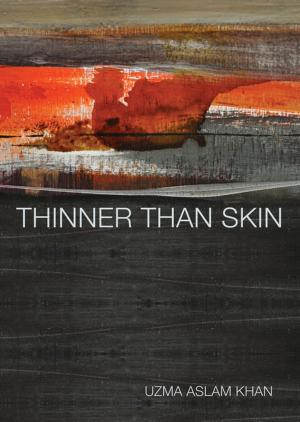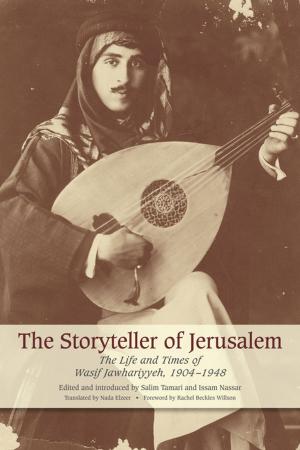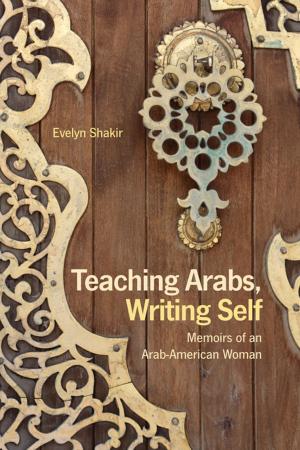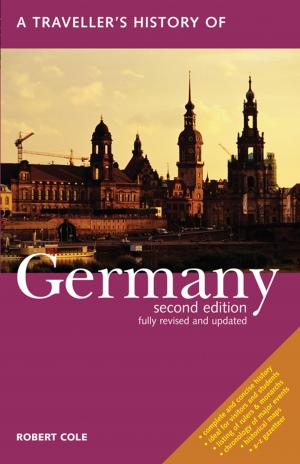The Putin Mystique
Inside Russia's Power Cult
Nonfiction, Social & Cultural Studies, Political Science, International| Author: | Anna Arutunyan | ISBN: | 9781623710668 |
| Publisher: | Interlink Publishing | Publication: | December 14, 2014 |
| Imprint: | Olive Branch Press | Language: | English |
| Author: | Anna Arutunyan |
| ISBN: | 9781623710668 |
| Publisher: | Interlink Publishing |
| Publication: | December 14, 2014 |
| Imprint: | Olive Branch Press |
| Language: | English |
GETTING TO GRIPS WITH RUSSIA’S 21ST CENTURY TSAR
Vladimir V. Putin has confounded world leaders and defied their assumptions as they tried to figure him out, only to misjudge him time and again. The Putin Mystique takes the reader on a journey through the Russia of Vladimir Putin, named by Forbes magazine in 2013 as the most powerful man in the world. It is a neo-feudal world where iPads, WTO membership, and Brioni business suits conceal a power structure straight out of the Middle Ages, where the Sovereign is perceived as both divine and demonic, where a man’s riches are determined by his proximity to the Kremlin, and where large swathes of the populace live in precarious complacency interrupted by bouts of revolt. Where does that kind of power come from? The answer lies not in the leader, but in the people: from the impoverished worker who appeals directly to Putin for aid, to the businessmen, security officers and officials in Putin’s often dysfunctional government who look to their leader for instruction and protection.
In her writing career, Anna Arutunyan has traveled throughout Russia to report on modern Russian politics. She has interviewed oligarchs and policemen, bishops and politicians, and many ordinary Russians. Her book is a vivid and revealing exploration of the way in which myth, power, and even religion interact to produce the love-hate relationship between the Russian people and Vladimir Putin.
Vladimir V. Putin has confounded world leaders and defied their assumptions as they tried to figure him out, only to misjudge him time and again. The Putin Mystique takes the reader on a journey through the Russia of Vladimir Putin, named by Forbes magazine in 2013 as the most powerful man in the world. It is a neo-feudal world where iPads, WTO membership, and Brioni business suits conceal a power structure straight out of the Middle Ages, where the Sovereign is perceived as both divine and demonic, where a man’s riches are determined by his proximity to the Kremlin, and where large swathes of the populace live in precarious complacency interrupted by bouts of revolt. Where does that kind of power come from? The answer lies not in the leader, but in the people: from the impoverished worker who appeals directly to Putin for aid, to the businessmen, security officers and officials in Putin’s often dysfunctional government who look to their leader for instruction and protection.
In her writing career, Anna Arutunyan has traveled throughout Russia to report on modern Russian politics. She has interviewed oligarchs and policemen, bishops and politicians, and many ordinary Russians. Her book is a vivid and revealing exploration of the way in which myth, power, and even religion interact to produce the love-hate relationship between the Russian people and Vladimir Putin.
GETTING TO GRIPS WITH RUSSIA’S 21ST CENTURY TSAR
Vladimir V. Putin has confounded world leaders and defied their assumptions as they tried to figure him out, only to misjudge him time and again. The Putin Mystique takes the reader on a journey through the Russia of Vladimir Putin, named by Forbes magazine in 2013 as the most powerful man in the world. It is a neo-feudal world where iPads, WTO membership, and Brioni business suits conceal a power structure straight out of the Middle Ages, where the Sovereign is perceived as both divine and demonic, where a man’s riches are determined by his proximity to the Kremlin, and where large swathes of the populace live in precarious complacency interrupted by bouts of revolt. Where does that kind of power come from? The answer lies not in the leader, but in the people: from the impoverished worker who appeals directly to Putin for aid, to the businessmen, security officers and officials in Putin’s often dysfunctional government who look to their leader for instruction and protection.
In her writing career, Anna Arutunyan has traveled throughout Russia to report on modern Russian politics. She has interviewed oligarchs and policemen, bishops and politicians, and many ordinary Russians. Her book is a vivid and revealing exploration of the way in which myth, power, and even religion interact to produce the love-hate relationship between the Russian people and Vladimir Putin.
Vladimir V. Putin has confounded world leaders and defied their assumptions as they tried to figure him out, only to misjudge him time and again. The Putin Mystique takes the reader on a journey through the Russia of Vladimir Putin, named by Forbes magazine in 2013 as the most powerful man in the world. It is a neo-feudal world where iPads, WTO membership, and Brioni business suits conceal a power structure straight out of the Middle Ages, where the Sovereign is perceived as both divine and demonic, where a man’s riches are determined by his proximity to the Kremlin, and where large swathes of the populace live in precarious complacency interrupted by bouts of revolt. Where does that kind of power come from? The answer lies not in the leader, but in the people: from the impoverished worker who appeals directly to Putin for aid, to the businessmen, security officers and officials in Putin’s often dysfunctional government who look to their leader for instruction and protection.
In her writing career, Anna Arutunyan has traveled throughout Russia to report on modern Russian politics. She has interviewed oligarchs and policemen, bishops and politicians, and many ordinary Russians. Her book is a vivid and revealing exploration of the way in which myth, power, and even religion interact to produce the love-hate relationship between the Russian people and Vladimir Putin.



